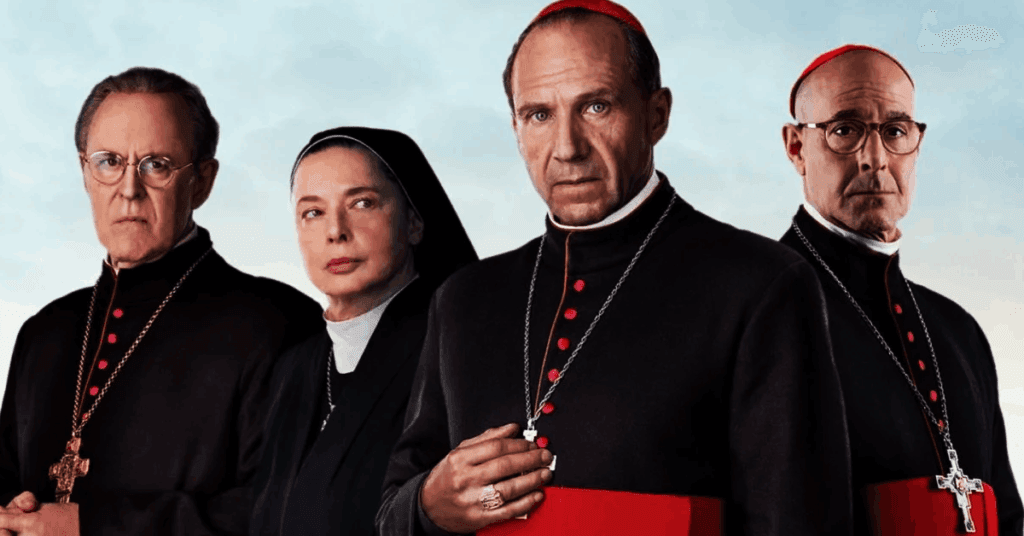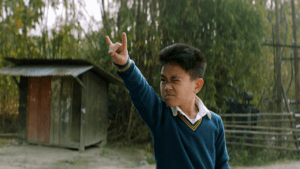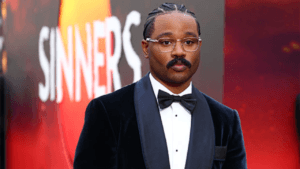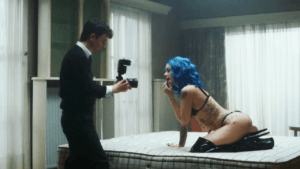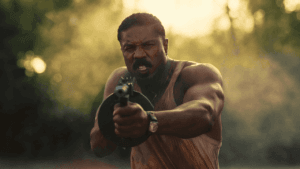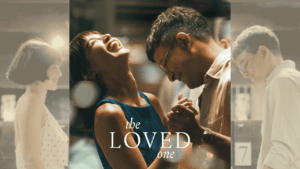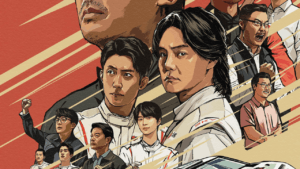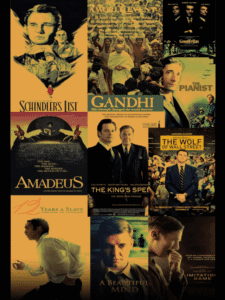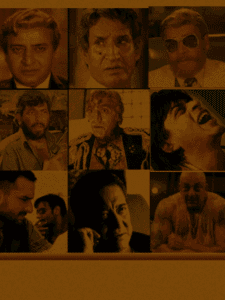Religious and political dramas always have a way of pulling us in, don’t they? There’s something about watching power struggles, ethical dilemmas, and secret deals unfold that makes for compelling cinema. Conclave is one of those films, it takes us deep into the Vatican’s secretive and ritualistic process of electing a new Pope. Adapted from Robert Harris’s novel, it’s a mix of faith, ambition, and human nature, all clashing under one sacred roof.
Power, Secrecy, and Morality
One of the film’s biggest strengths is how it tackles power and secrecy in the Vatican. The election of a new Pope might seem purely religious, but Conclave makes it clear, it’s just as political as anything else. The film questions whether the Church’s leadership is truly guided by divine will or if it’s as influenced by human ambition as any other system of power.
Then there’s the theme of morality. The movie doesn’t just show these cardinals as holy men; it peels back the layers to reveal their personal motivations, past mistakes, and differing visions for the Church’s future. The protagonist, Thomas Lawrence, is right in the middle of it all, torn between his faith and the harsh reality of how things actually work behind closed doors.
Suspense and Intrigue
Think of Conclave as a political thriller wrapped in religious robes. Once the cardinals enter the conclave, they’re locked away from the outside world, which only adds to the tension. The story unfolds in a way that keeps you hooked, just when you think a decision has been made, new secrets come to light, shifting alliances and shaking up the process.
But let’s be honest, the pacing is a bit uneven. While the film does a great job building suspense, some moments drag, especially when it dives into long theological discussions. These scenes add authenticity, sure, but they also slow things down a bit.
Now, let’s talk characters. Thomas Lawrence is by far the most well-developed, he starts off as someone who fully believes in the system, but as the film progresses, he begins to question everything. His internal struggle is one of the most engaging parts of the movie.
But the supporting characters? Some are great, with clear motives that make them feel real—whether they’re progressive, conservative, or just plain power-hungry. Others, though, don’t get as much depth. It would’ve been even more fascinating if the film had spent a little more time fleshing them out.
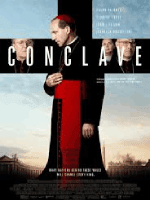
Directed by Edward Berger, Conclave stars Ralph Fiennes as Cardinal Thomas Lawrence and was released in the U.S. on October 25, 2024. The Conclave movie plot summary is filled with secrecy, ambition, and shifting alliances as Lawrence oversees the papal election following the pope’s sudden death. The process takes an unexpected turn when Archbishop Vincent Benitez (Sergio Castellitto) arrives, claiming a hidden appointment by the late pope. The Conclave film cast and characters bring depth to this Vatican thriller, with Stanley Tucci, John Lithgow, and Isabella Rossellini delivering gripping performances that heighten the tension.
On the acting front, Ralph Fiennes does a fantastic job as Lawrence, bringing the right mix of authority and vulnerability. Some of the supporting performances, however, feel a bit over-the-top, almost theatrical. This sometimes makes the tone waver between serious drama and something slightly exaggerated.
Crafting an Atmosphere of Confinement
Visually, Conclave is a treat. The cinematography balances the grandeur of the Vatican with the claustrophobic feel of the conclave itself. Tight shots, dim lighting, and slow-moving cameras add to the sense of secrecy and unease.
As for the direction, it’s solid, keeping the suspense alive throughout. That said, there are moments where it feels like the film could’ve taken more risks, pushing the drama a bit further or making certain revelations hit harder.
A Unique Take on Religious Intrigue
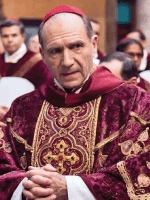 If you’ve watched The Two Popes (2019), you might see some similarities, it also explores the ideological divide within the Church, though with a more personal and emotional touch. Doubt (2008) is another film that deals with faith and skepticism, though in a different setting.
If you’ve watched The Two Popes (2019), you might see some similarities, it also explores the ideological divide within the Church, though with a more personal and emotional touch. Doubt (2008) is another film that deals with faith and skepticism, though in a different setting.
But Conclave leans more towards political thrillers like House of Cards, where strategy and backroom dealings decide the outcome. It’s this mix of political tension and religious tradition that gives the film its unique flavor, even if it doesn’t always blend them seamlessly.
Heavenly Themes, Earthly Missteps
No film is perfect, and Conclave has its fair share of issues. One of the biggest is its tendency to get a little too expository, there are moments where characters explain Church processes or theological ideas in a way that feels unnatural, almost like they’re speaking directly to the audience rather than having a real conversation.
Another minor gripe? The film mostly stays within the walls of the conclave, barely touching on how these power struggles affect the world outside. A little more external context could have added another layer of depth.
A Film That Lingers in the Mind
Conclave is the kind of film that stays with you. It doesn’t just tell a story; it makes you think, about faith, power, and the complex nature of leadership. The performances, especially by Ralph Fiennes, keep the film engaging, and the cinematography does a fantastic job of capturing the tension of the Vatican’s inner workings.
It may or may not be the definitive film on papal intrigue, but it offers enough thought-provoking moments to make it worth a watch. If you’re drawn to stories about power struggles and moral dilemmas, Conclave is definitely a film to consider. And even if it leaves you with more questions than answers, maybe that’s exactly the point.
Read More:


